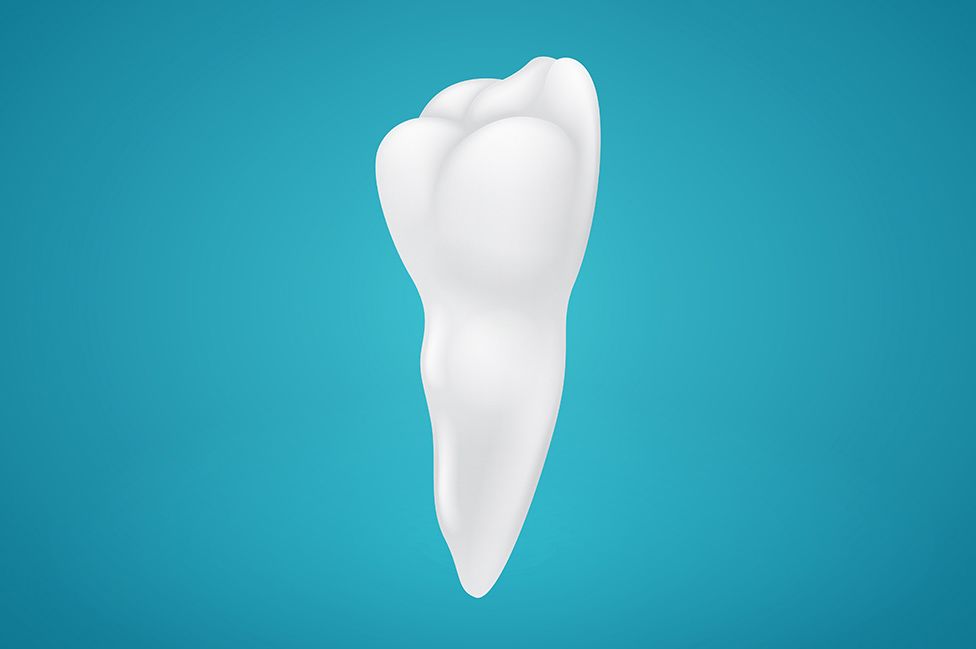Treatment for a Root Fracture
 Dental trauma can wreak havoc on your overall oral health. If a cracked tooth or root fracture occurs, immediate treatment is needed to address the issue before it worsens.
Dental trauma can wreak havoc on your overall oral health. If a cracked tooth or root fracture occurs, immediate treatment is needed to address the issue before it worsens.
Root fractures can occur for a number of reasons. For example, excessive pressure from chewing forces can lead to cracks. Fractures can also be caused by large fillings or chewing on ice, pencils, and other hard objects.
At Artistic Expressions Dentistry in Philadelphia, PA, our doctors offer several restorative dentistry treatments to improve your oral health. Here, we explain how treatment for a root fracture can preserve your oral health and protect your smile.
What Causes Root Fractures?
Cracks within the teeth can develop for several different reasons. For example, root fractures can occur when:
- Teeth are used as tools, such as opening packages
- Large fillings weaken the integrity of the tooth structure
- Blunt force trauma happens, such as a car accident or sports-related injury
- Abrupt temperature changes occur in the mouth
Types of Root Fractures
Teeth can fracture in a variety of ways. For example, some cracks are vertical, while others or horizontal. Some are mild, and some are severe. Your treatment will depend on the complexity of the situation and the long-term prognosis of the tooth.
Some of the most common types of root fractures include:
- Teeth that are fractured just below the gums: This occurs when a fracture begins near the crown of the tooth and extends downward into the root.
- Split tooth: This type of fracture is characterized by two distinct segments that can be physically separated.
- Vertical root fracture: Sometimes a crack will begin in the root and extend upwards toward the crown of the tooth. This type of fracture is usually not painful and is only detected when the surrounding jawbone or gum tissue becomes infected.
Common Symptoms of a Root Fracture
Fortunately, not every cracked tooth will result in pain. Unfortunately, however, this can also mean it goes on undetected for a significant amount of time. That is why routine dental checkups are so important.
There are times when a fractured root will cause symptoms. These may include:
- Pain or discomfort when biting or chewing food
- Tooth sensitivity to heat, cold, or sweets
- Occasional pain that is usually not constant in nature
- Swelling and inflammation of the gums
Treatment for a Root Fracture
When a root fracture occurs, the recommended treatment will be contingent on the severity of the crack. In some cases, the tooth can be repositioned and stabilized with a splint. This is typically helpful for mild fractures occurring just below the gum line.
If the fracture extends into the pulp of the tooth, root canal therapy will be necessary to save it. During this procedure, the tissues inside the tooth are removed and the surfaces are disinfected. Finally, the canals and pulp chamber are filled and a crown is added to restore the tooth.
In some cases, a root fracture may be so severe that the tooth cannot be saved. Therefore, an extraction is sometimes necessary. At our practice, we prefer to save natural teeth when we can. However, if the tooth has a poor long-term prognosis, we recommend extraction to preserve the health of your adjacent teeth. If you must have a tooth removed, we can discuss a variety of replacement options with you.
Contact Us to Learn More
If you suspect you have a root fracture, schedule an appointment at our practice right away. We can assess the situation and recommend an appropriate treatment plan. Contact us online anytime or call us at (215) 340-1199.


